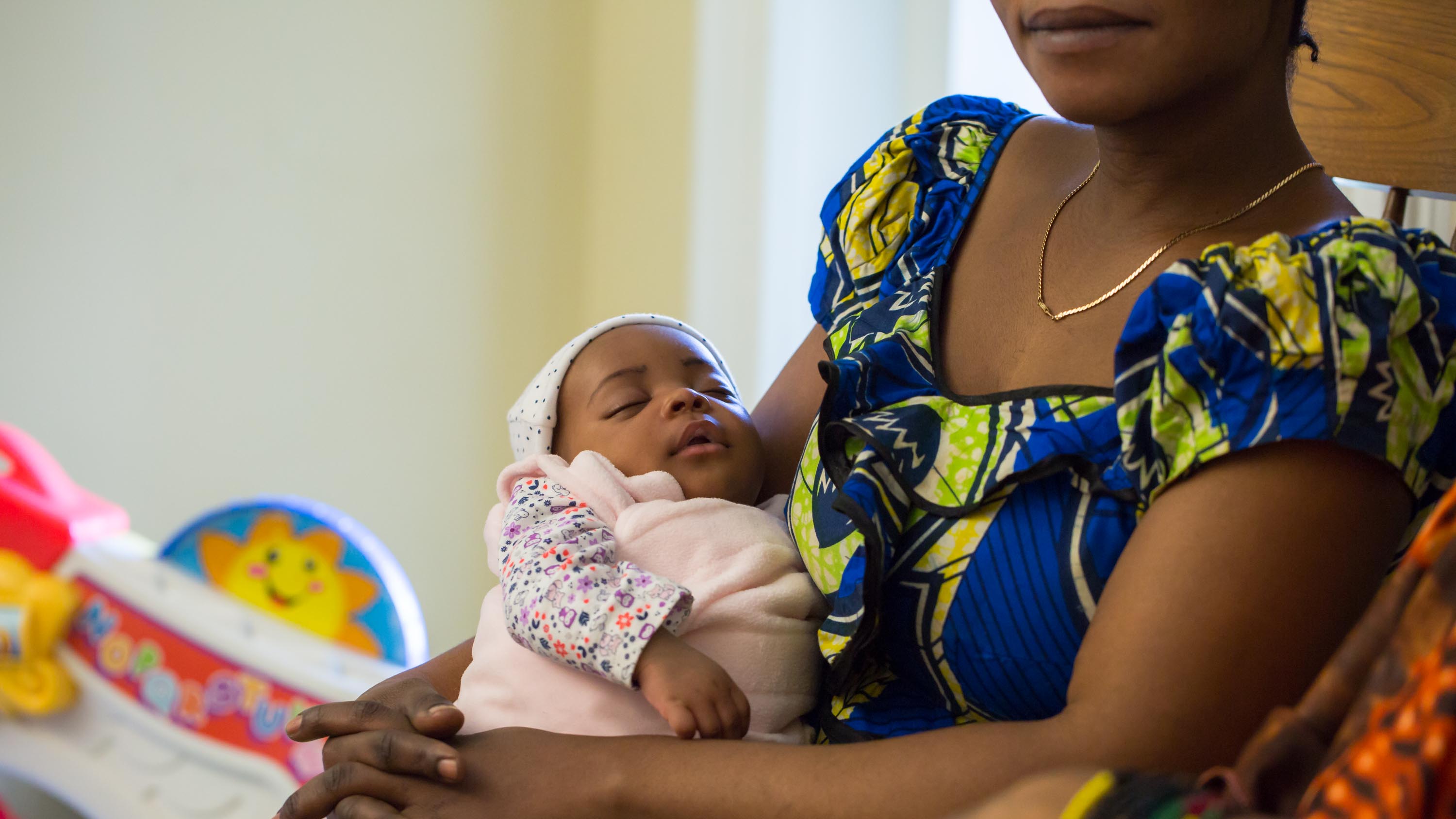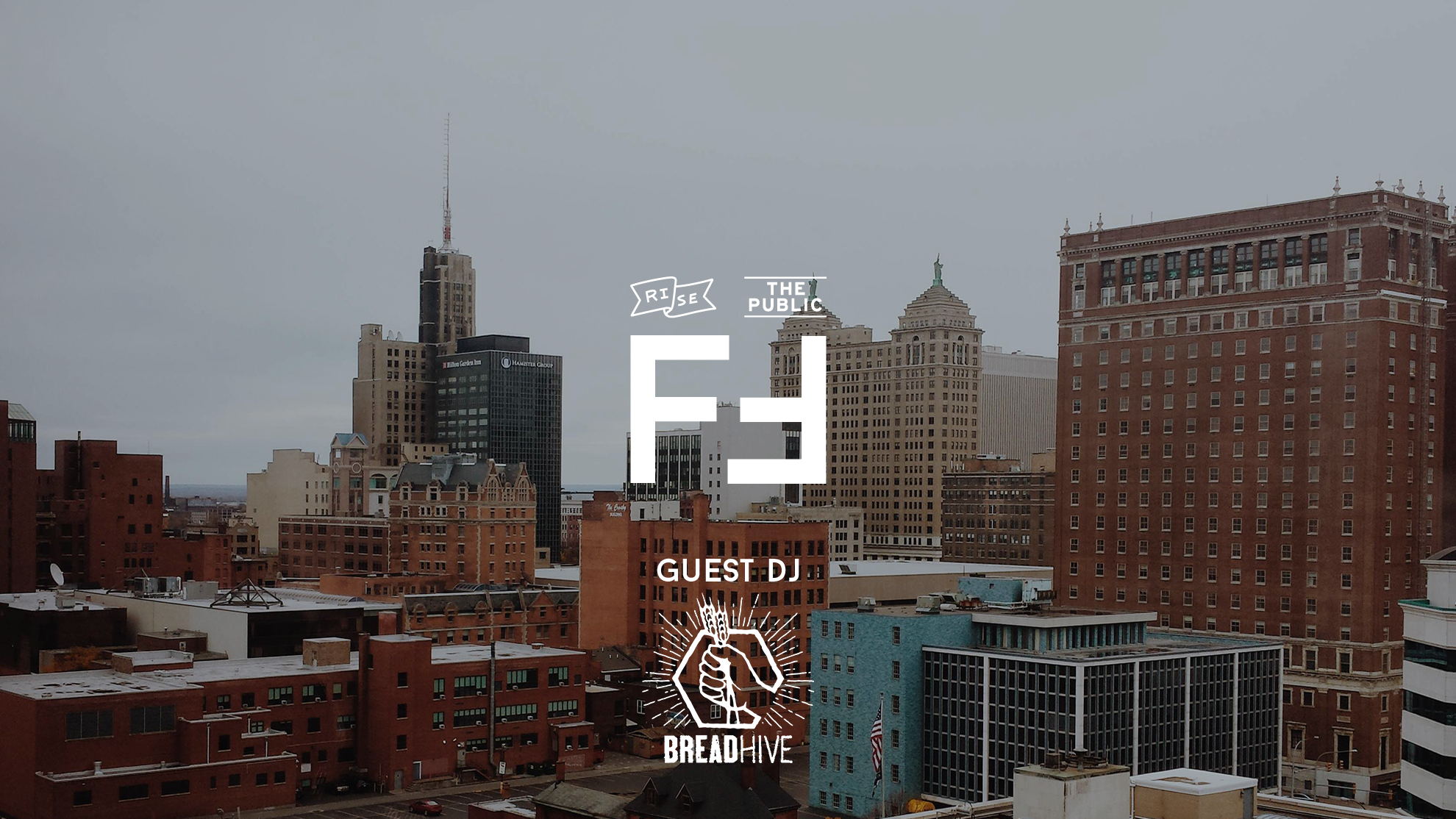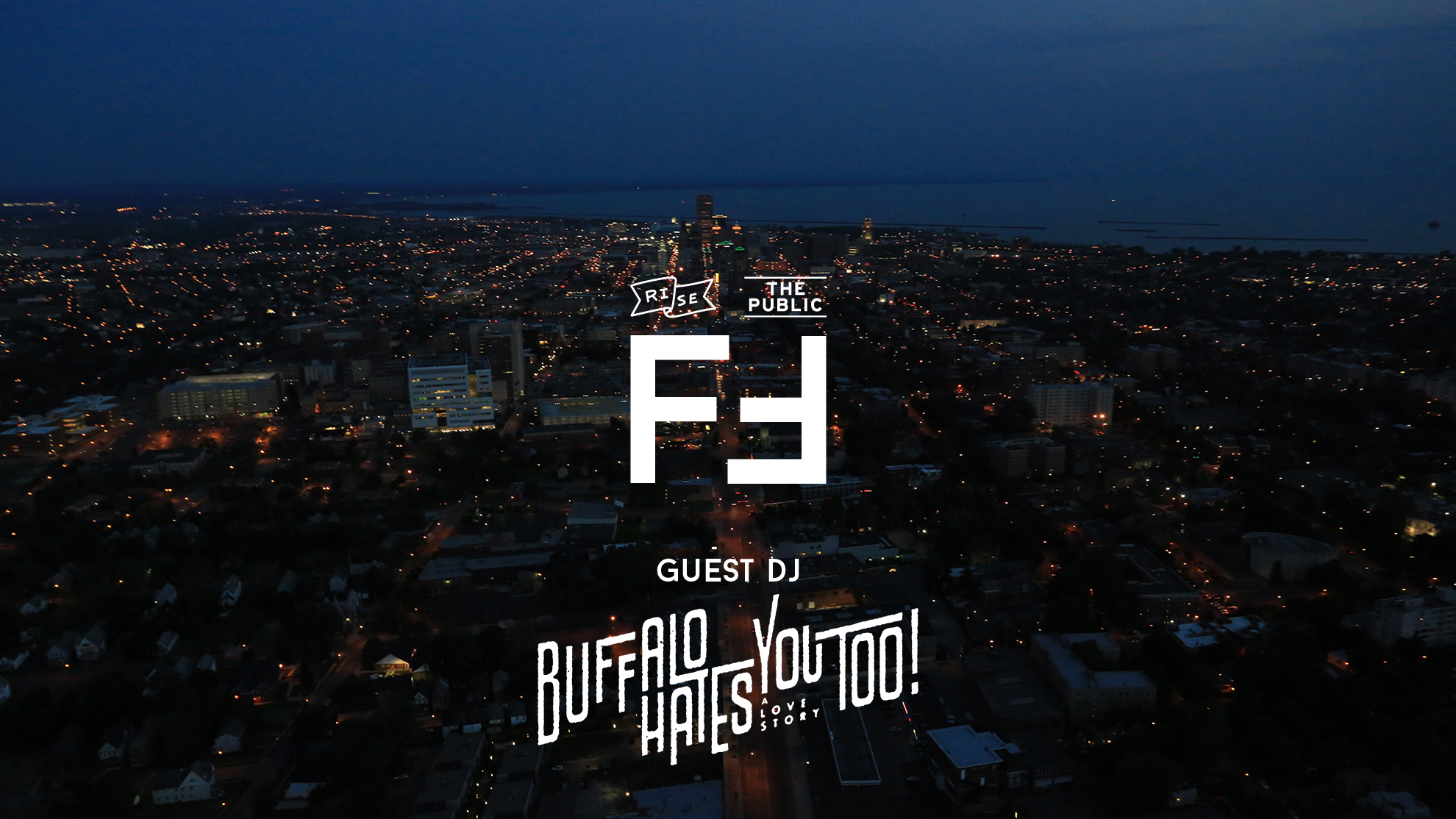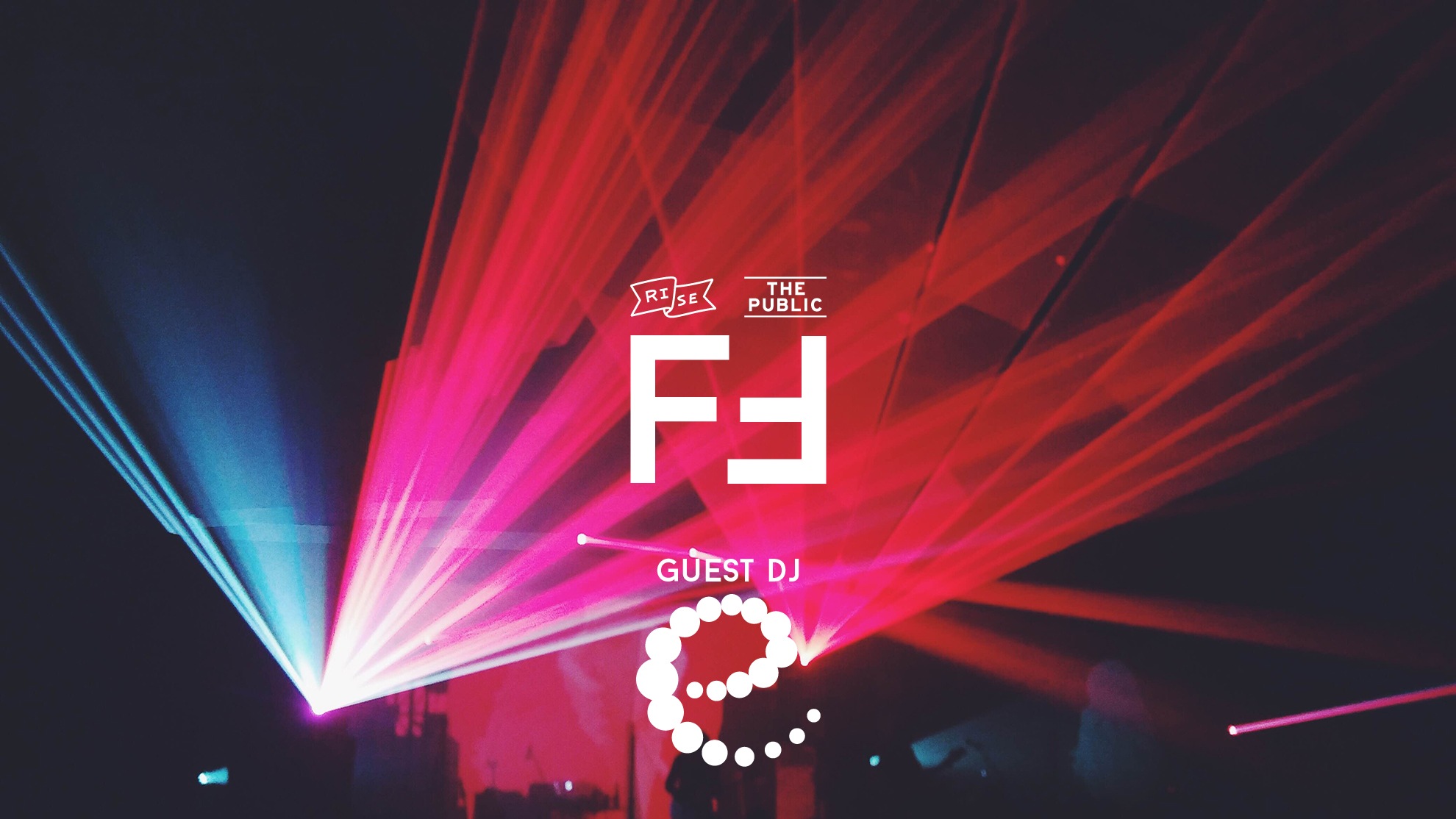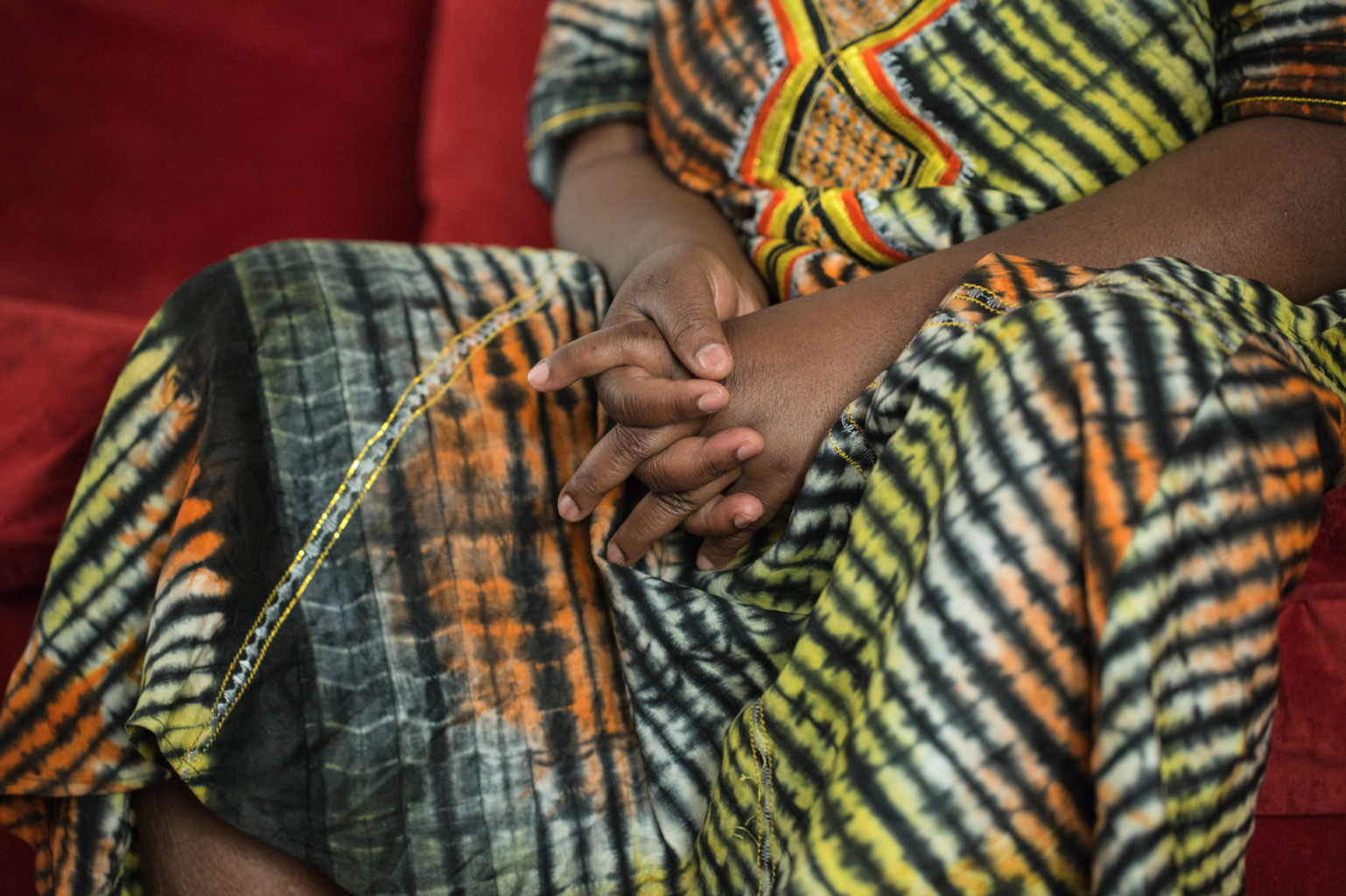
By Bridget Schaefer
Imagine moving to a new country. Surrounded by new people, a starkly different culture, with strange laws and boundaries…and no way to communicate. Imagine experiencing this, while being months or even weeks away from one of your biggest milestones: giving birth.
Women Supporting Women: Priscilla Project of Buffalo
Hundreds of pregnant refugee women arrive in Buffalo each year, many at risk for birth complications, with little to no knowledge of the American healthcare system. Jericho Road Community Health Center houses The Priscilla Project of Buffalo. PPB pairs pregnant refugees with a volunteer mentor and/or doula to support them through their pregnancy. Refugee and immigrant women are educated on everything from nutrition and breastfeeding to birth practices in the U.S.. In the past 12 months, PPB has helped more than 318 women from 16 countries, and have supported nearly 100 healthy births. Not only is this program resulting in healthier pregnancies, but it’s nurturing relationships allowing women to be more confident and self sufficient in their new surroundings.
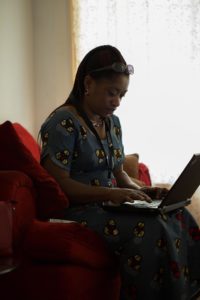
The women pictured below are clients of PPB and work with Francine Rwanika – a full time doula and interpreter who went through the program herself after relocating to Buffalo from a refugee camp in Ethiopia almost three years ago. Upon living in Buffalo for just three months, Francine delivered her second child. She remembers PPB giving her a car seat, a vital item legally needed to take your child home from the hospital. “I remember saying, but it’s my baby, why won’t you give me my baby?” said Francine. “I had no idea about the car seat law.” PPB aims to educate women on these practices that may seem foreign to them. Last year, the program distributed 97 car sets to their clients for free.
Proper nutrition, breast feeding and delivery options are more hurtles for clients of PPB. Rumors circulate on delivery methods – specifically caesarean delivery. “African women hear rumors from neighbors and their families,” explained Francine. “They hear that American doctors do mostly C-sections or that drugs like epidurals will lead to back pain for life.” Misconceptions like these lead to frustrating communication with doctors and nurses, upset mothers and potentially unhealthy labour routines.
This is where Francine’s role as a doula comes into play.
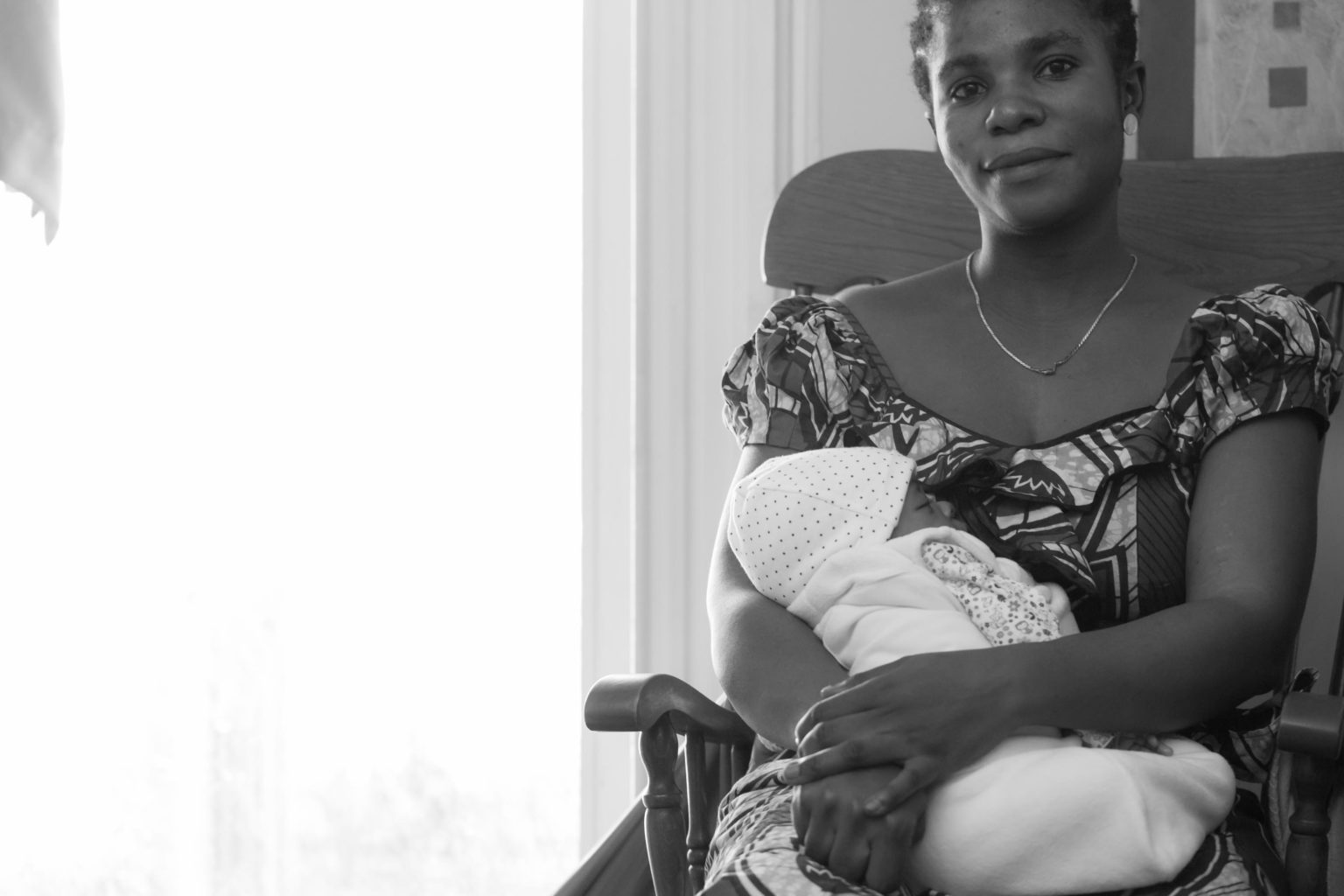
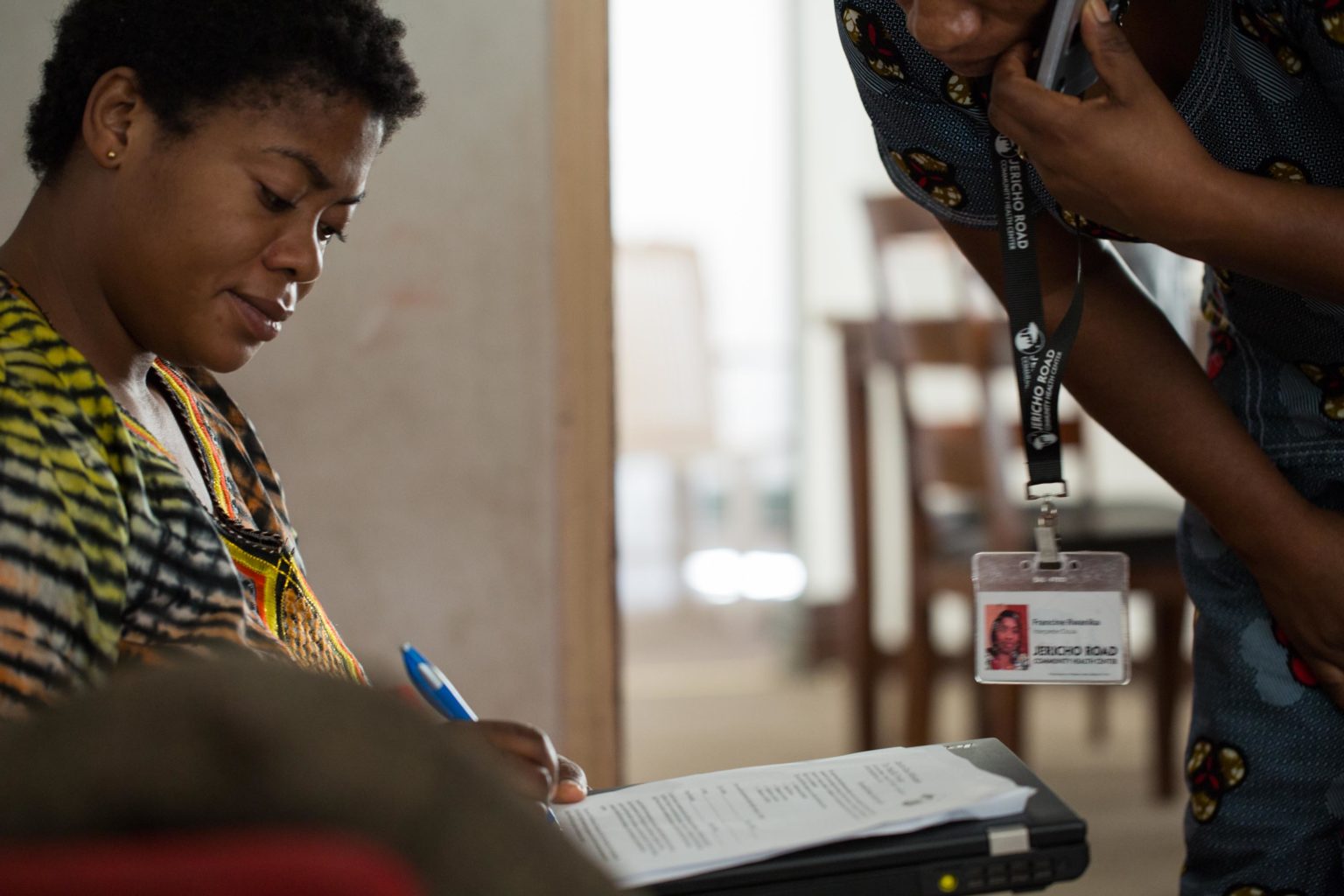
The Right to Having a Doula
A Doula is a non-medical professional who is trained to assist a woman before, during, or after childbirth, as well as her spouse and family, by providing physical assistance and emotional support. PPB provides doula services to their clients, assisting with translating, education and support before, during and after birth.
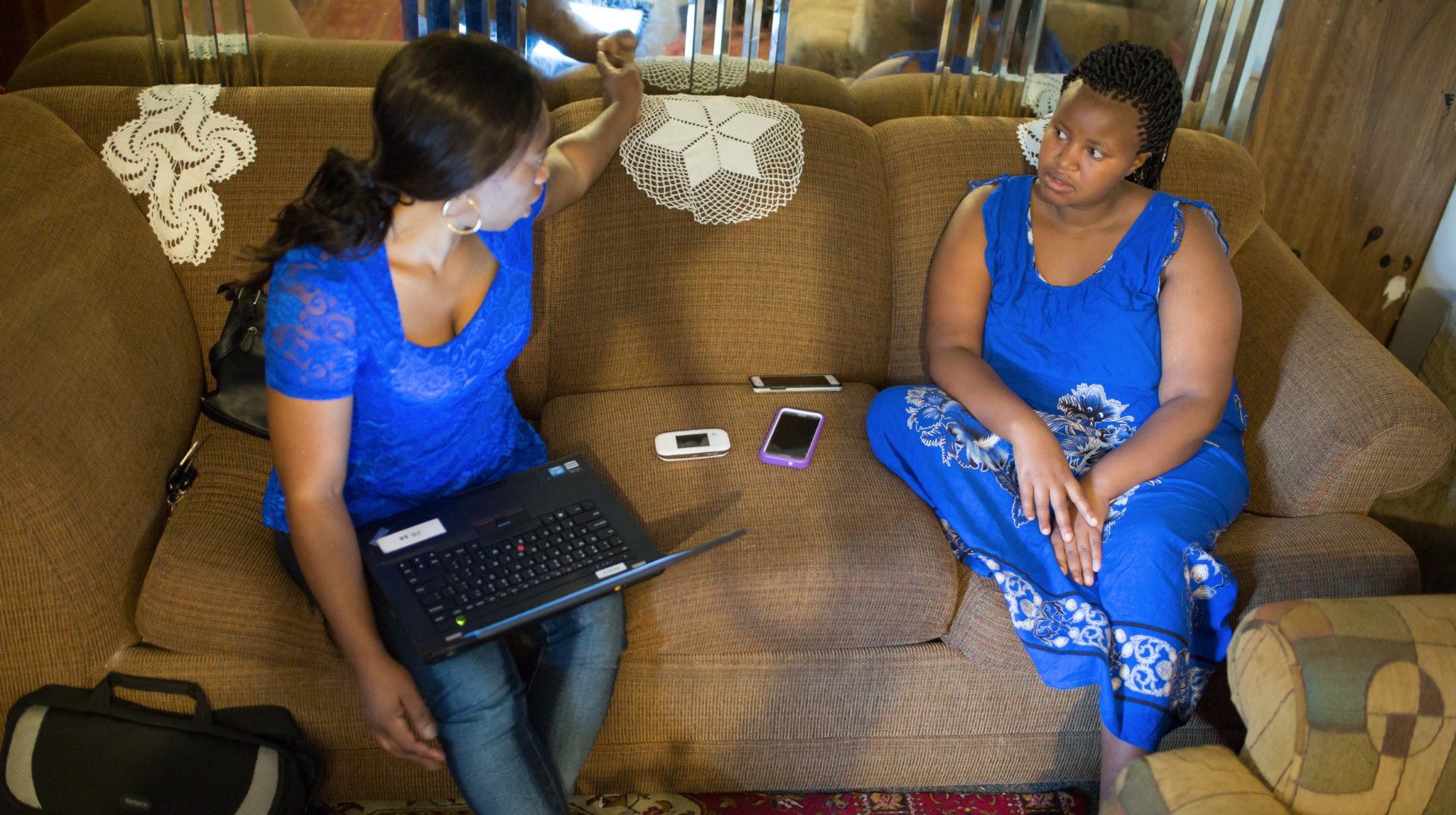
Francine creates a birth plan with her clients – something that the mother and family are comfortable with. Through the duration of the pregnancy Francine visits each client, ensuring they are going to doctor visits, taking their medication and simply, being a friendly face. Once labour begins, Francine is with her client in the delivery room. Doulas provide an extra layer of support, they’re trained to help manage pain and relax their clients – always keeping the mother and child’s best interest in mind.
“In life, this is a special but hard time for a woman,” explained Francine. “She needs someone who can support. That pain, the language barrier, everything seems strange…I comfort them”
You can see the comfort Francine brings to her clients. Their bodies relax. They smile and laugh. They’re at ease knowing that they are not alone in this process.
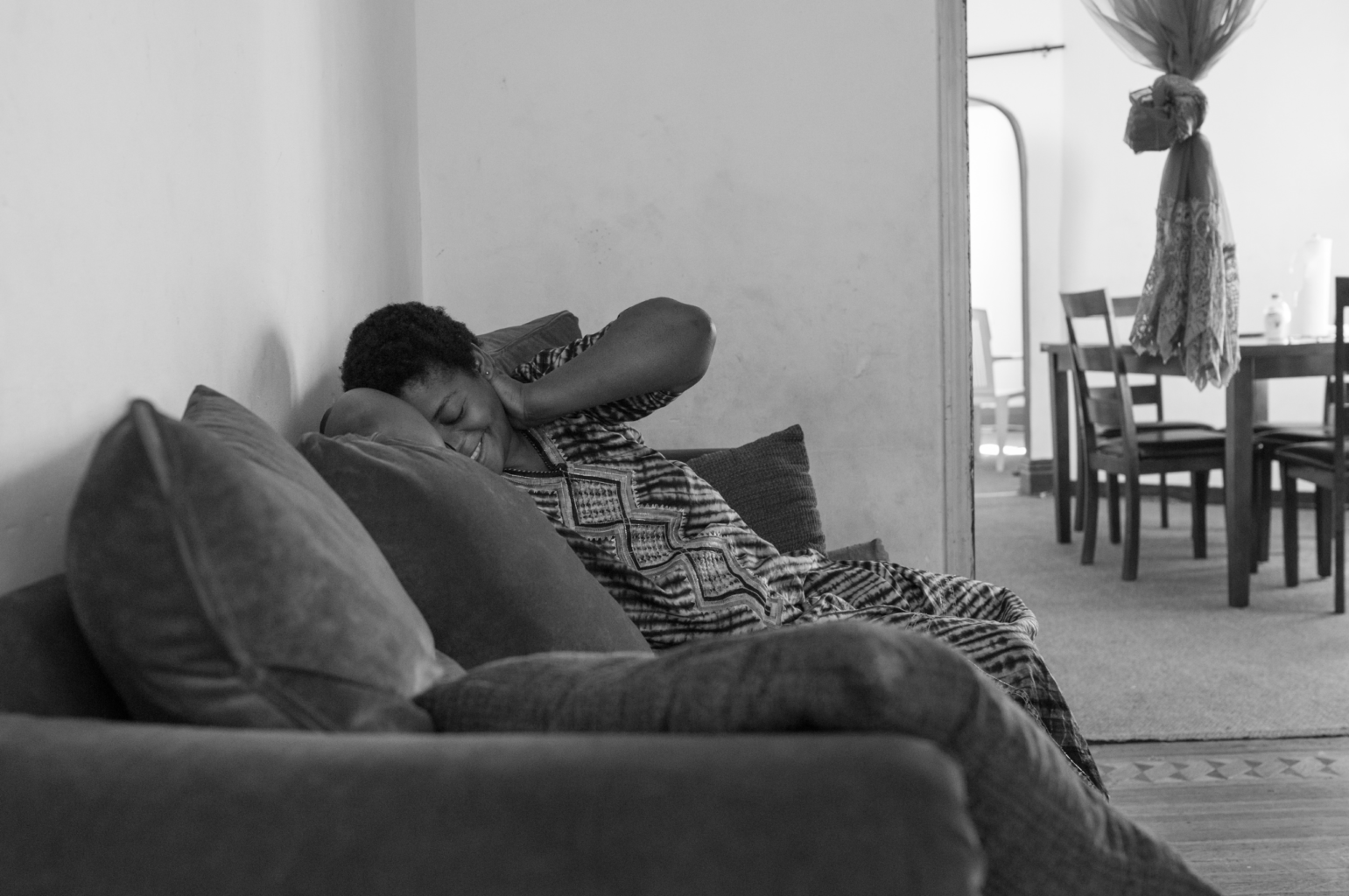
PPB services do not end once the child is born. Doulas and mentors continue to visit their clients, helping with childcare, breastfeeding, or simple tasks like grocery shopping. This continuous support makes a difference as women heal and progress as active members in their new community. Francine describes the number of women who have gone through PPB programming as good friends.
Language and cultural barriers aside, all women have a significant bond. PPB acknowledges this and focuses their mission on the strength of maternal power. All mothers are mothers. No matter their background, they have the same intentions and love for their children. They deserve the same rights to healthcare and ultimately, they deserve the right to support.
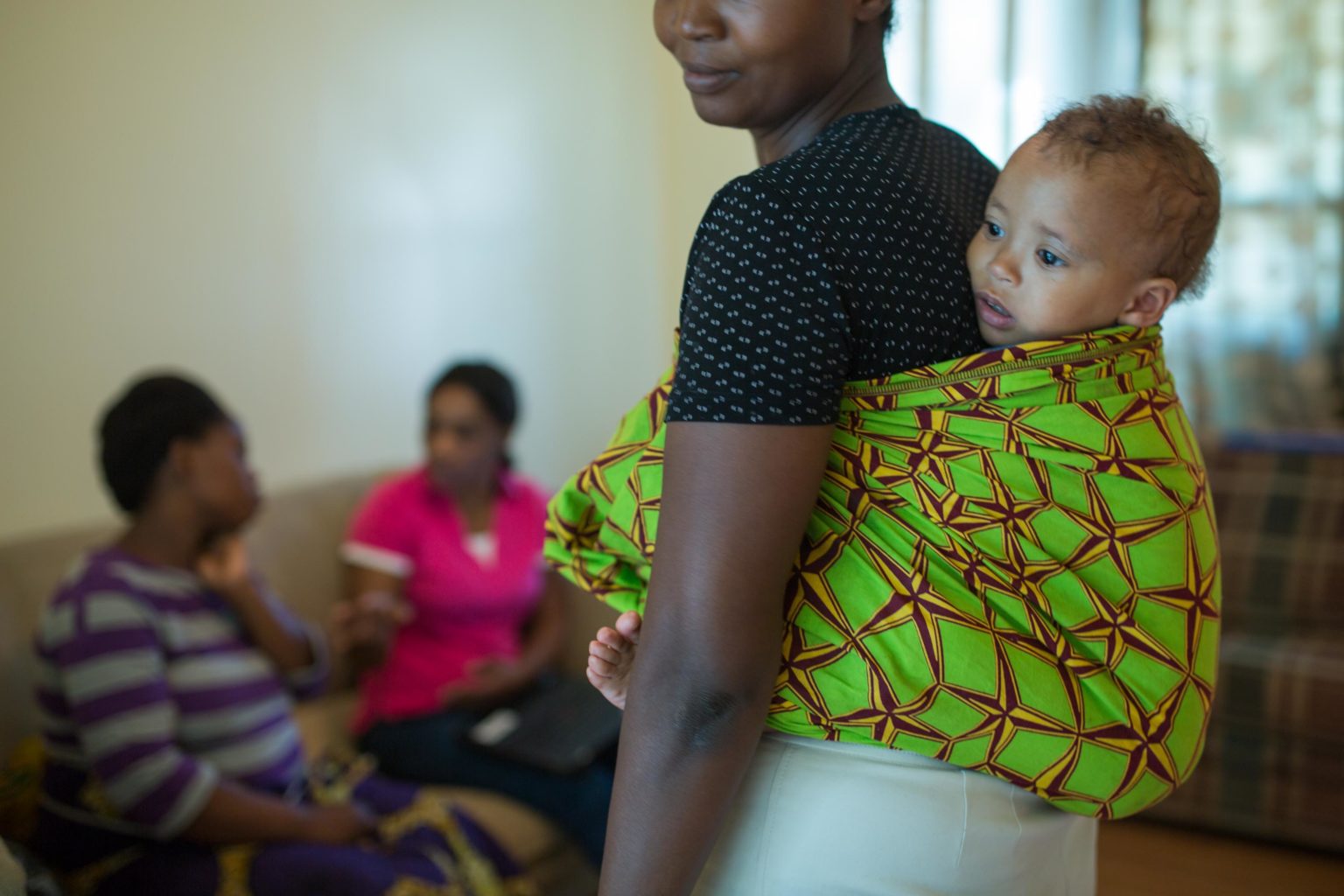
How You Can Help
PPB and Jericho Road Community Health Center are always looking for volunteers, mentors and donations. Specifically, PPB accepts donations like diapers and baby clothes. The program is also always willing to bring in volunteers and mentors to assist with their mission. If you’re interested in getting involve, visit PPB’s website to apply.
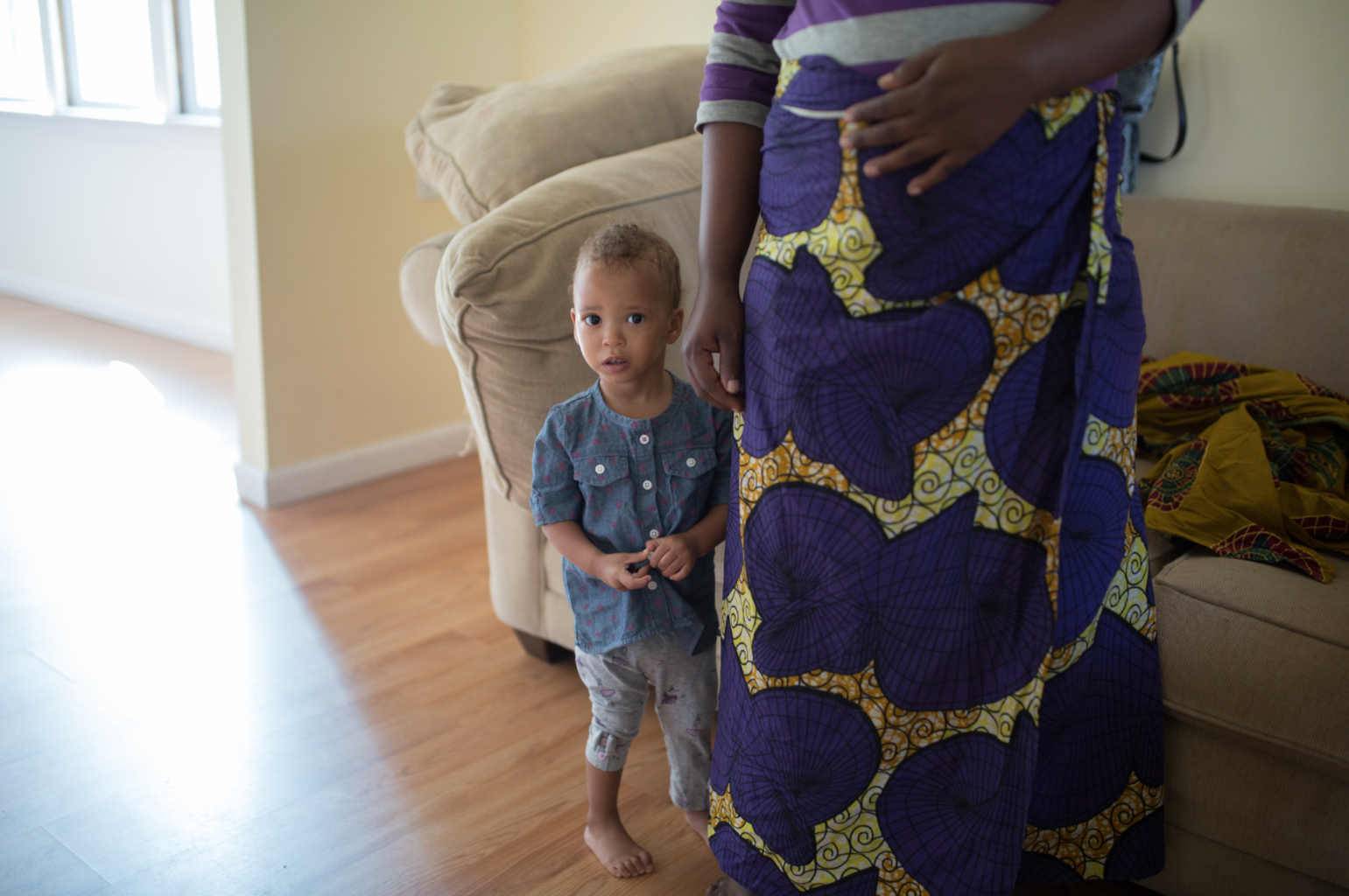
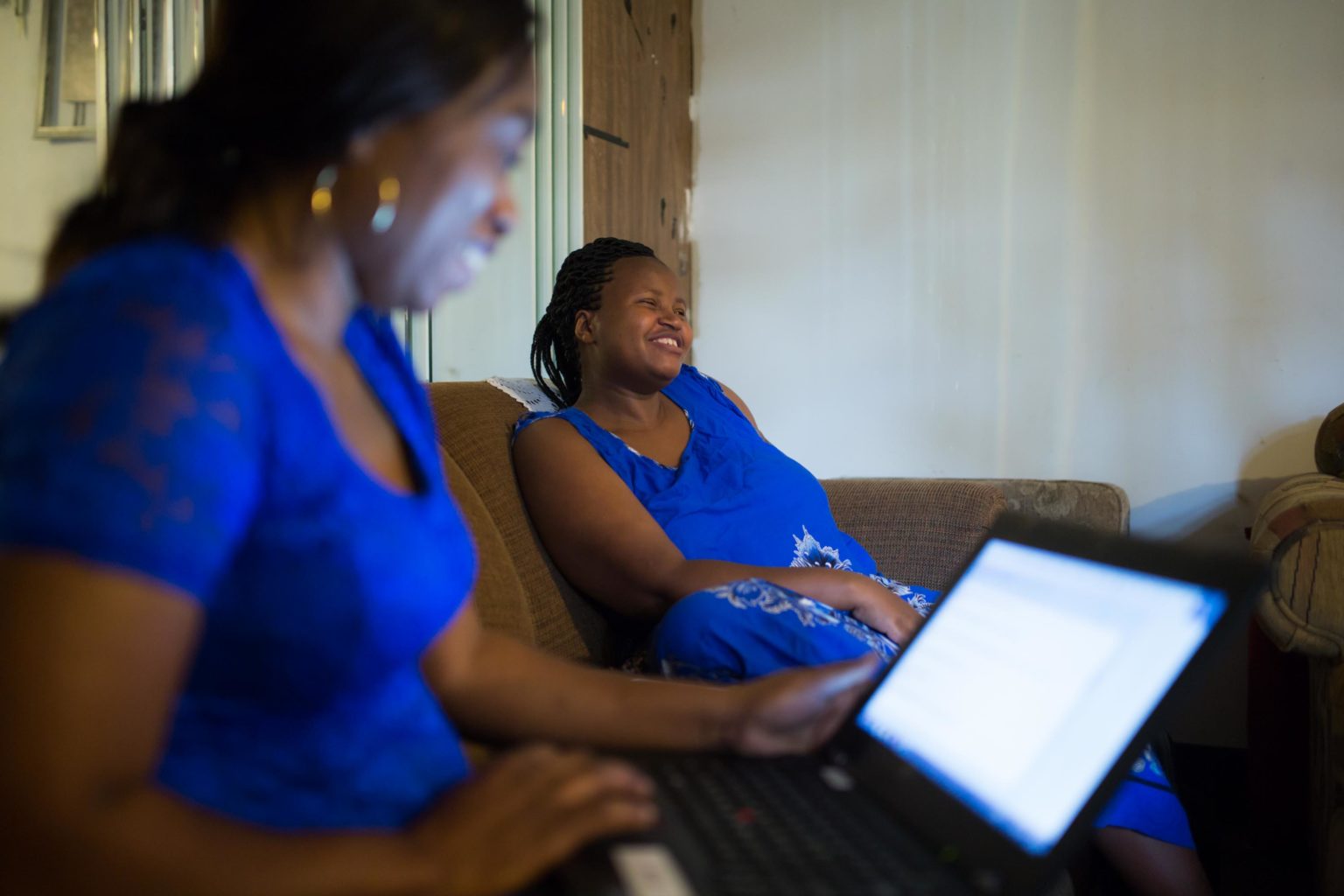
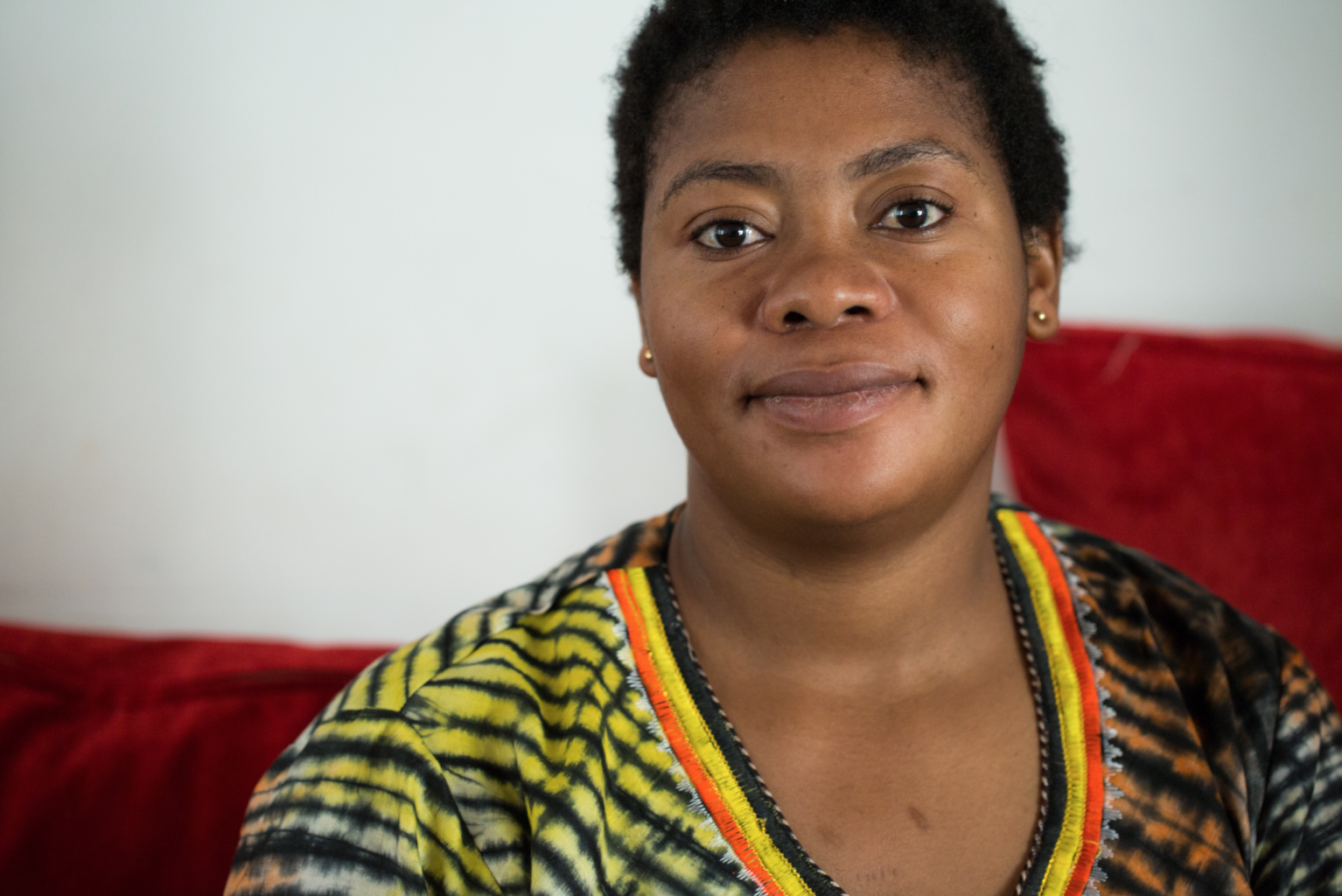
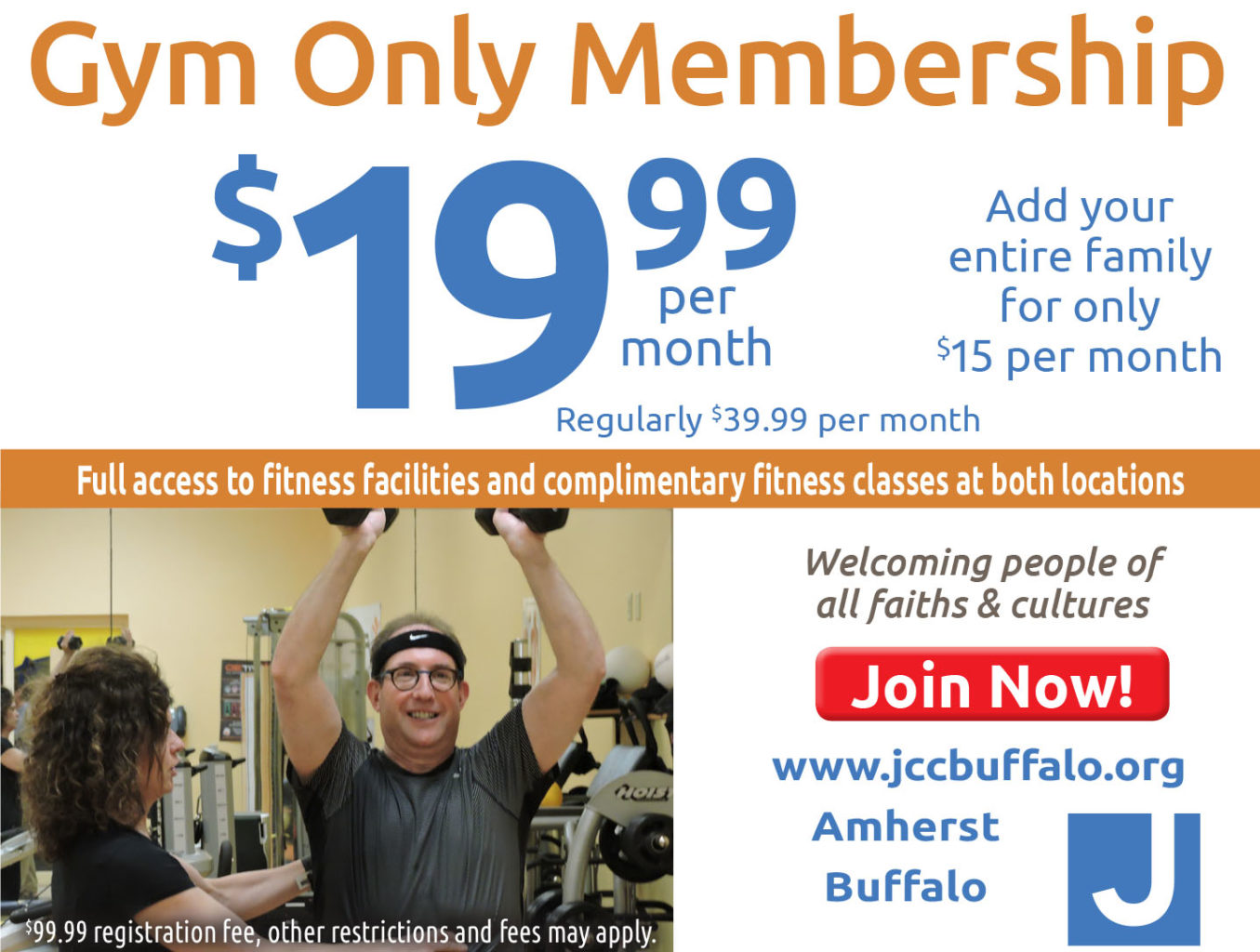
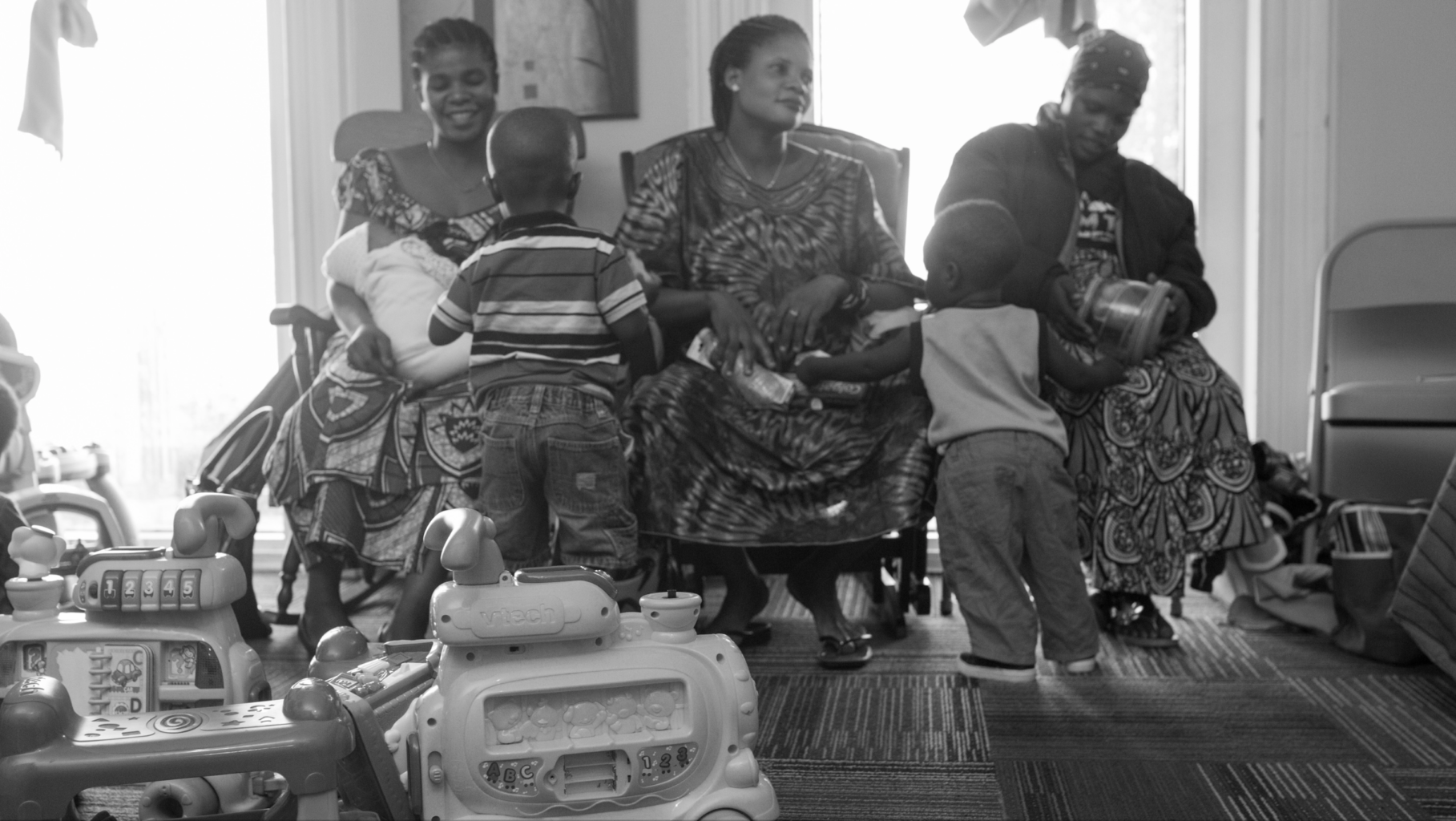
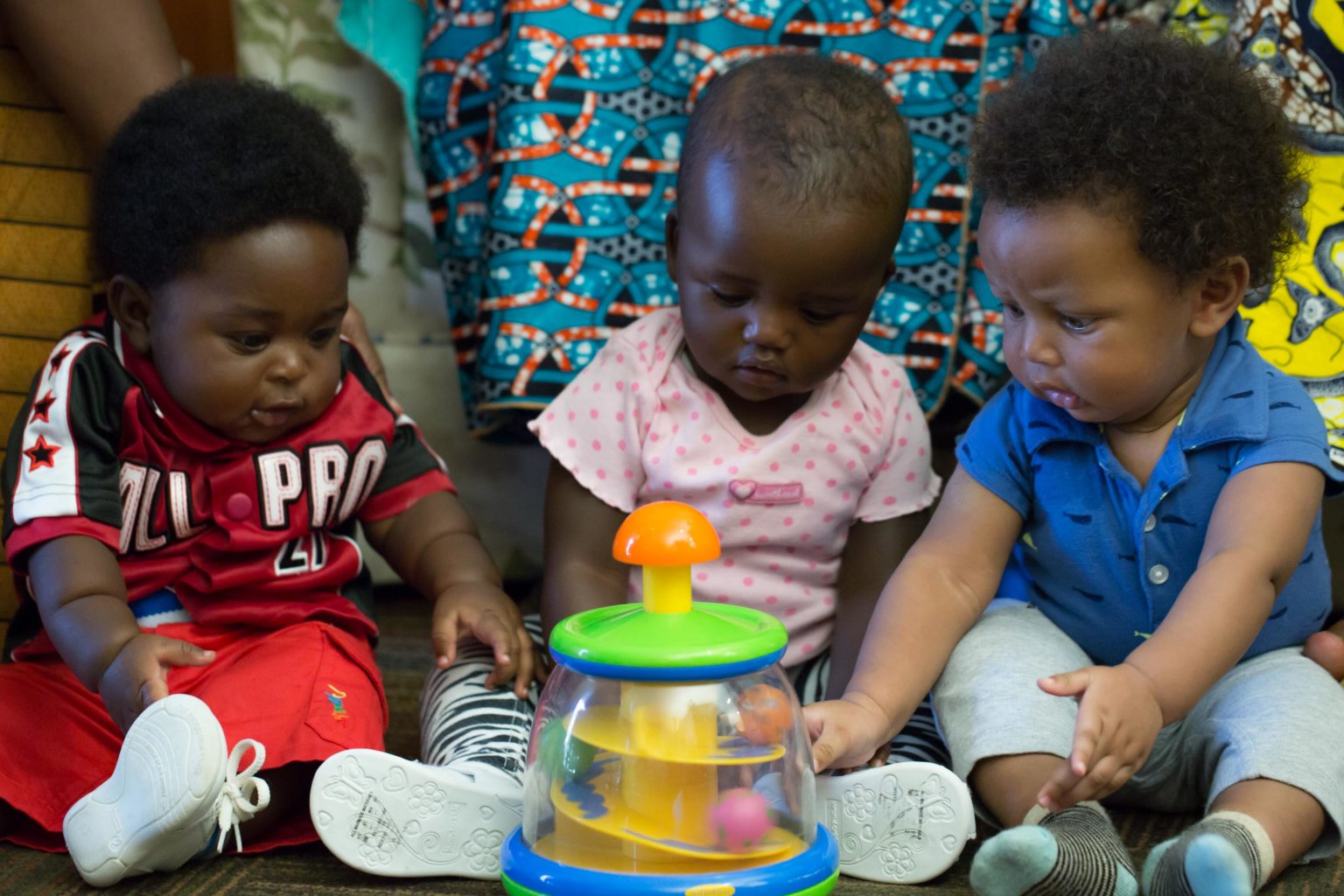
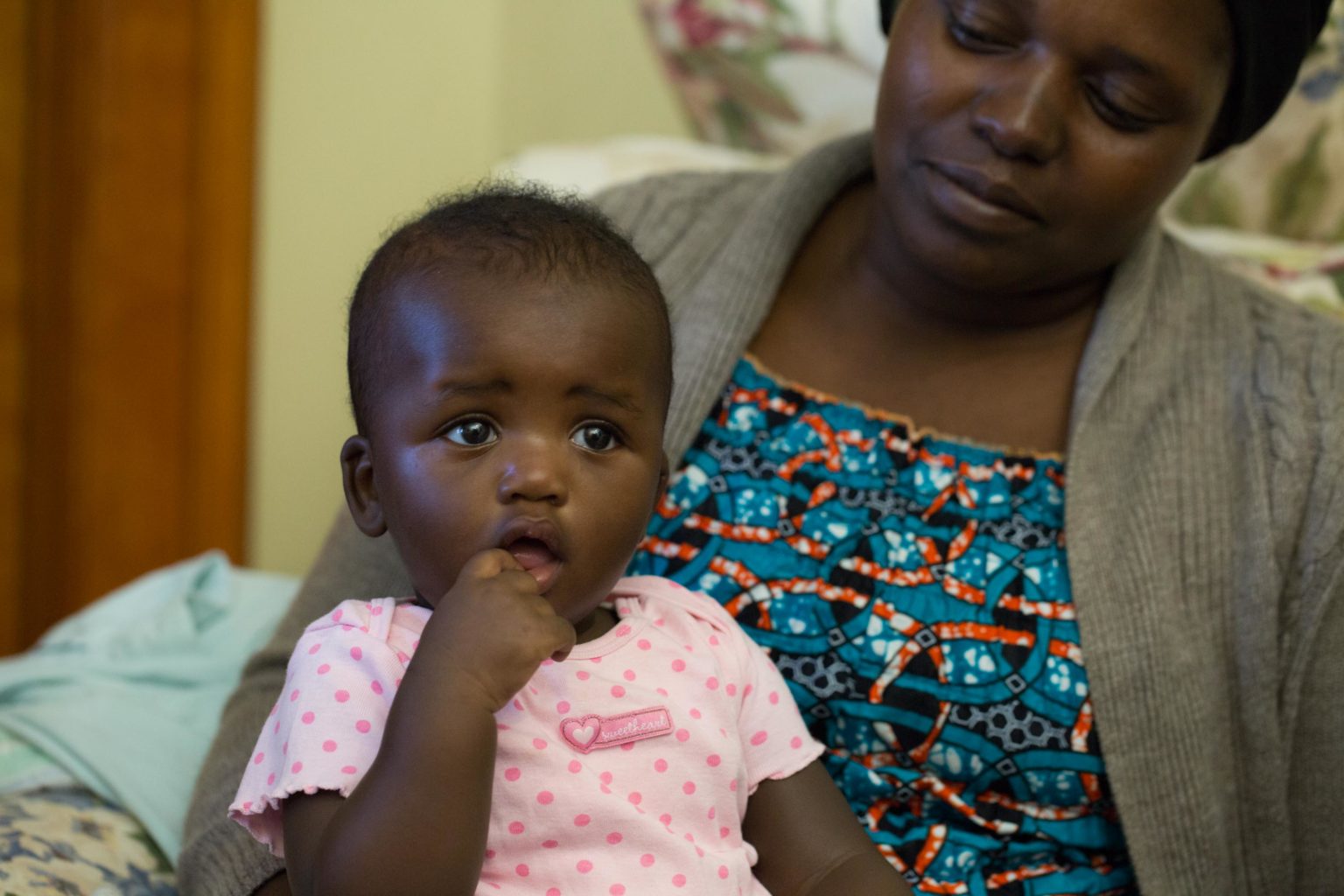
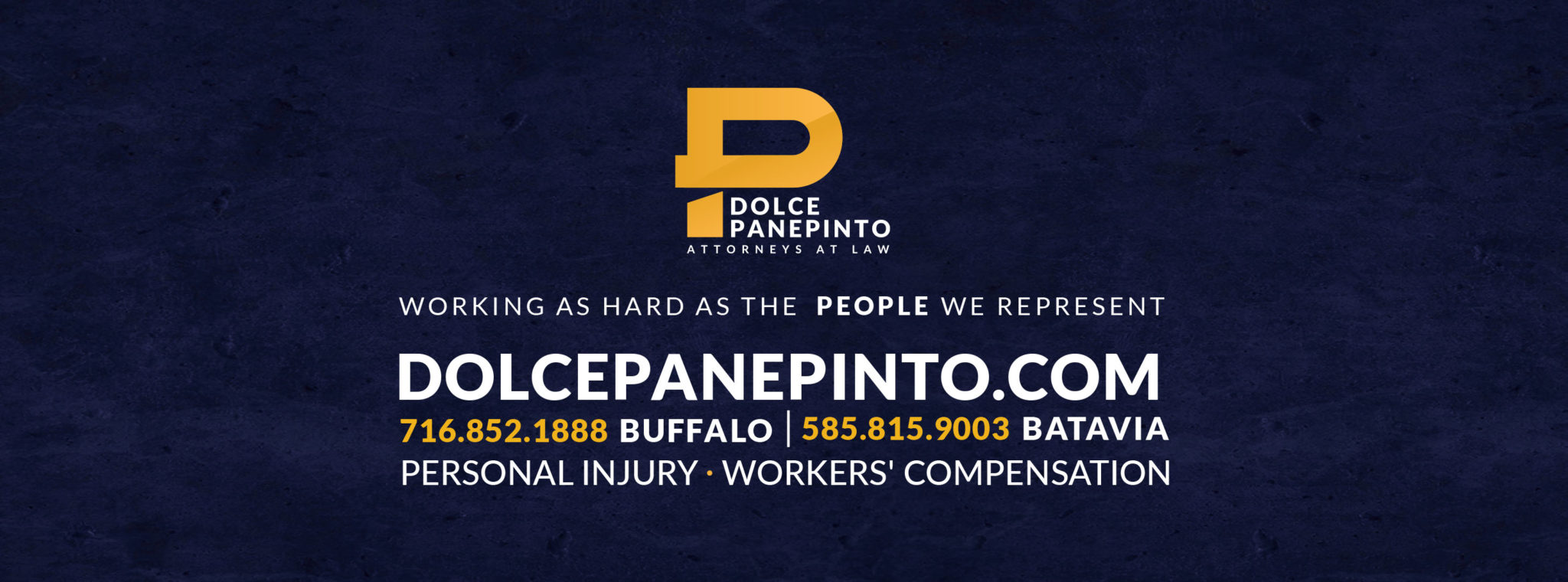
![]()

